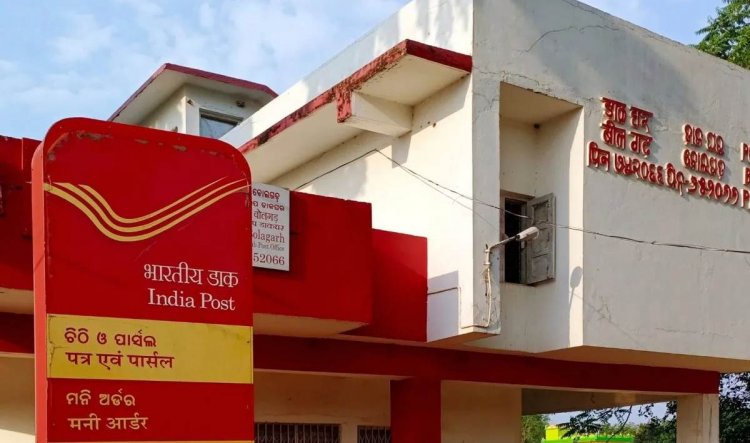Are you Post Office Savings Account Holders? Then Read Here
If you hold a Post Office Savings Account in India, there are several service charges that you should be aware of

Post Office Savings Account is a type of savings account offered by India Post, the postal service of India. It is a popular savings option for people in India, especially those living in rural areas. The account can be opened at any post office in India, and it requires a minimum balance of Rs. 500. There is no maximum limit on the balance that can be held in the account.
If you hold a Post Office Savings Account in India, there are several service charges that you should be aware of. Here are eight such charges:-
-
Account closure charges: If you close your Post Office Savings Account within one year of opening it, you will be charged a fee of Rs. 100.
-
Account transfer charges: If you transfer your Post Office Savings Account from one post office to another, you will be charged a fee of Rs. 100.
-
Cheque return charges: If a cheque that you have deposited into your Post Office Savings Account is returned unpaid, you will be charged a fee of Rs. 50.
-
Account statement charges: If you request a physical statement of your Post Office Savings Account, you will be charged a fee of Rs. 50 per page.
-
Account closure before maturity charges: If you close your Post Office Savings Account before its maturity period, you will be charged a fee of Rs. 150.
-
Account balance certificate charges: If you request a certificate of your Post Office Savings Account balance, you will be charged a fee of Rs. 50.
-
Interest certificate charges: If you request a certificate of the interest earned on your Post Office Savings Account, you will be charged a fee of Rs. 50.
-
ATM card replacement charges: If you need to replace a lost or damaged ATM card associated with your Post Office Savings Account, you will be charged a fee of Rs. 100.
It's important to note that these charges are subject to change, so it's a good idea to check with your local post office for the most up-to-date information. Additionally, some of these charges may be waived or reduced for certain categories of account holders, such as senior citizens.















-SOURCE-Apple.jpg)

